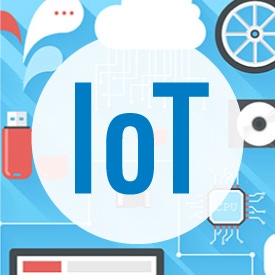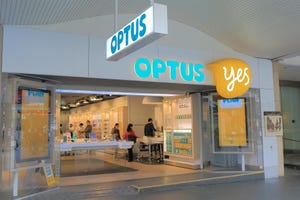
Also in today's EMEA regional roundup: Tele2 hit by Dutch impairment charge in Q3; UK local government body wants "social" broadband tier; European surfers can't be anonymous.
Yesterday we had Vodafone Group plc (NYSE: VOD) trumpeting the fact that it was launching NB-IoT technology in a number of countries in 2017; today we have Deutsche Telekom AG (NYSE: DT) and Huawei Technologies Co. Ltd. announcing that they have NB-IoT actually up and running on its T-Mobile networks in Germany and the Netherlands. The first application, in the German city of Bonn, is a "smart parking" scheme, which uses sensors to help connected drivers find parking spaces. NB-IoT is one of several low-power, wide-area (LPWA) technologies being promoted as the most suitable platform for the Internet of Things. The two companies have also announced the "Narrowband IoT Soft Lab" concept, which in theory allows developers anywhere in the world to test IoT-related chipset, module and basestation functions without any physical installation of hardware. (See Eurobites: Vodafone to Debut NB-IoT in 2017, So, What Are We Calling Narrowband-IoT Today? and The NB-IoT Train Is Coming.)
Sweden's Tele2 AB (Nasdaq: TLTO) saw third-quarter revenues rise from 6.79 billion Swedish kronor (US$769 million) in the year-ago quarter to SEK6.96 billion ($788 million) this time around, though EBITDA fell from SEK1.59 billion ($180 million) to SEK1.56 billion ($176 million). Overall, a net loss of SEK2.26 billion ($256 million) was recorded for the group, a loss attributed by CEO Allison Kirkby to an impairment charge of SEK2.5 billion ($283 million) sustained on its Netherlands business. For the full third-quarter statement, click here.
The UK's Local Government Association is calling for an affordable "social" tariff to be a mandatory part of the universal service obligation for broadband services, the BBC reports. BT Group plc (NYSE: BT; London: BTA) already offers a broadband and telephone service costing £9.95 ($12.20) per month for those on income support, and the LGA wants other providers to follow suit, so those on low incomes can access online government services and take advantage of online cost savings on a range of goods and services.
The European Court of Justice has rejected the demands of a German privacy activist and ruled that website owners are allowed to store users' IP addresses to help prevent cyber attacks, Reuters reports. Patrick Breyer had objected to the German government storing his IP address when he visited its website, arguing that citizens should be given the right to surf the net anonymously.
Orange (NYSE: FTE) believes there's good money to be made out of virtual reality (VR), and today it's launching its new VR1 headset, which comes with the Android- and iOS-compatible VR 360 "discovery" application. The operator plans to introduce more VR content for its French customers over the coming months. The headset retails for around €50 ($55).
— Paul Rainford, Assistant Editor, Europe, Light Reading
Read more about:
EuropeAbout the Author(s)
You May Also Like












